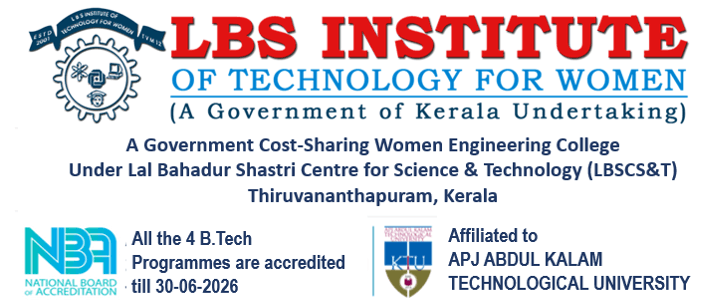B.Tech in Civil Engineering
B-Tech programme in Civil Engineering was introduced in the college in the year 2012 with an annual intake of 60 students. The Civil Engineering Association “SARGA” was inaugurated in the same year itself. The Association conducted seminar Competition, design competition, photographic competition and took part in the Technical Feast “Yagna Dhruva” in the college. The Association also brings out a yearly Technical Magazine “SPIRE” with the active participation of faculty and students of the Civil Engineering Department.


